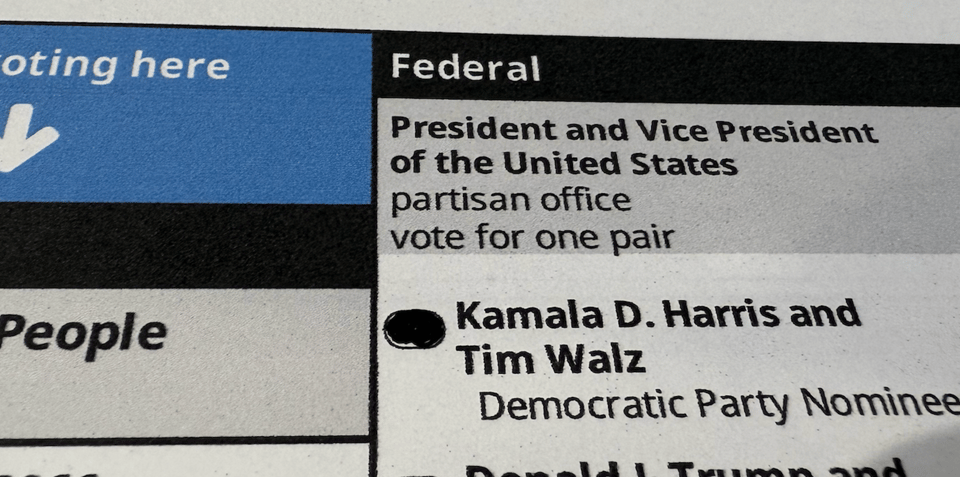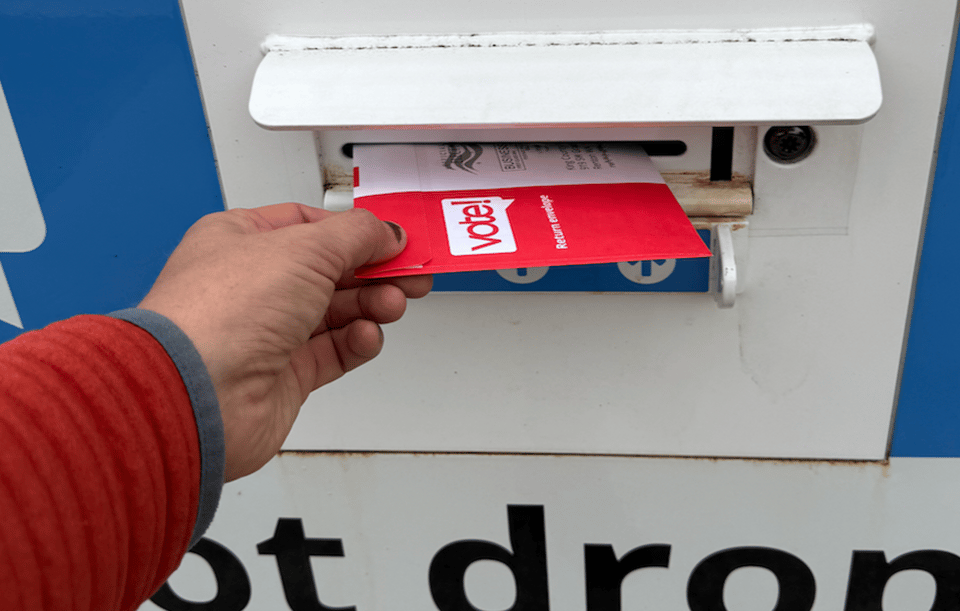This Email Is More Than 75 Percent Election-Free
Hello!
I hope to keep it brief this month because, let’s be honest, the politics are eating our collective brain.
On the Friday before Thanksgiving, I’m volunteering at the Beacon Hill International School’s 2024 Read-a-Thon. It’s one of the school’s biggest annual fundraising events and also an all-day celebration of books and reading.
I’ll be reading to first and fourth grade classes that day, and I’m hoping that I can help the International School reach their $12,000 goal to fund student enrichment programs. It is obviously not optimal that our public schools rely on PTA fundraisers in order to support basic programs and student literacy, but that’s a bigger problem that requires system-wide solutions. Until then, we do what we can.
If you’d like to donate to the Read-a-Thon, you can do so at this link. I thank you and the students of the International School thank you.
I’ve Been Writing
For the Pitchfork Economics podcast, Goldy and I talked to Peggy Bailey from the Center on Budget and Policy Priorities about a report she co-authored explaining the potential catastrophic effects of the House Republican Budget and the Trump campaign’s Project 2025. Bailey is a smart and empathetic thinker who read all the national Republican policy proposals so you don’t have to. This conversation is worth your time.
For the Urbanist, I wrote an op-ed explaining that even though Seattle leads the nation with its high minimum wage, the city needs to do much more to establish affordable housing for working families.
I took a lot of time with it, so I’m very happy with how my piece about a new book called Seattle Samurai came out. It’s a profile of a mild-mannered dental technician who in his spare time was a cartoonist inspired by Charles Schulz’s Peanuts. Eventually, he created a comic strip for a local newspaper that documented the Japanese-American experience in Seattle. Now, years after his death, his daughter has finally compiled his comic strips into a gorgeous book that also serves as a tribute to her amazing father.
For my bookstore column, I wrote about Collins Books, an amazing used book warehouse operating out of a home in a north Seattle neighborhood. It’s not a traditional bookstore at all—in fact, I think it’s the most unique book-browsing experience in all of Seattle.
I also spotlighted a few of the most noteworthy paperback releases of October.
I’ve Been Reading
C.E. McGill’s Our Hideous Progeny is a novel that expands the Frankenstein story, creating a great-niece of Victor Frankenstein who gets into the family business. I enjoyed the way this book built on the feminist tradition of Mary Wollstonecraft Shelley, but I did think that it was maybe a hundred pages too long.
Evan Friss’s The Bookshop is billed as a history of bookselling in America. And I was riveted throughout the beginning of the book, which demonstrates how bookselling is intertwined with the creation of America thanks in large part to a bookseller named Ben Franklin. I was disappointed, though, to find how New York City-centric the rest of the book is. For hundreds of pages, the only bookstore west of the Mississippi that’s deemed worthy of Friss’s attention is Powell’s. The stuff about the economics of bookselling is a little bit facile, too. While there are currently fewer bookstores now than there were in the 1990s, I’d argue that the quality of bookstores has improved immeasurably, and I also think that today’s booksellers are much better at the business side of things than their predecessors.
Some book reviewers have positioned Creation Lake at the center of a firestorm. Rachel Kushner’s novel about an American spy infiltrating a radical environmental group is shaping up to be a real love-it-or-hate-it affair. For what it’s worth, I enjoyed the book most for its leisurely thematic explorations—the riffs on neanderthals, French culture, and farming techniques. The central plot felt more like a distraction to me, but I enjoyed Kushner’s prose and will happily follow her to whatever novel she decides to read next.
I must have watched Tim Burton’s 1989 Batman film 20 or 25 times. It was the first movie I ever bought on videocassette, and I wore that sucker out. So the kid in me couldn’t resist the appeal of John Jackson Miller’s new novel Batman: Resurrection, which is a direct sequel to the 1989 film (and a prequel to Burton’s Batman Returns.) It feels like a novelization of a movie that never existed, and all the characters feel very true to the original films. Miller also devotes a ridiculous amount of space to obsessively solving minor continuity problems in Burton’s original film, like how the Joker’s goons got inside the cathedral where Batman has his final showdown with the villain. It’s all silly fun, but if you were ever a fan of the biggest comic book movie of the 1980s you might find yourself swept up in the drama of this love letter to Michael Keaton’s excellent interpretation of the character.
Remember to Vote
As a resident of a vote-by-mail state, I voted as soon as I possibly could—the morning after the ballot arrived in my mailbox.

I delivered my ballot to the dropbox by 9 am, I received a text saying they had picked up my ballot by 2 pm, and then by 3 pm I got another text saying my signature was confirmed and my ballot would be counted. It was my easiest, fastest voting experience yet, and another reminder that voting can and should be as easy as humanly possible.

If you can vote early, please do. If you live in a state that doesn’t do early voting, please vote on November 5th, and then reach out to your state representatives to demand that they institute a transparent and inclusive vote-by-mail program. Democracy is better when everyone can easily and comfortably participate.
Hold tight—we’re almost there. I’ll see you next month no matter what happens.
Paul